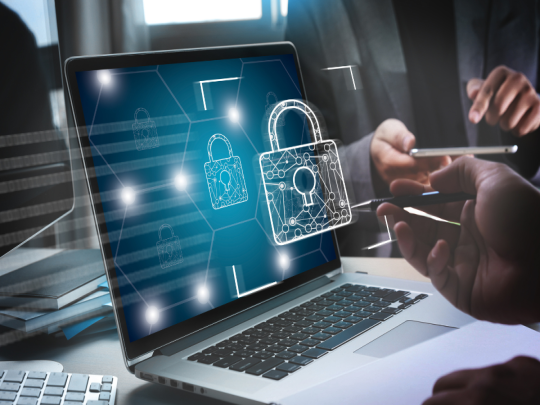How to Keep Your Devices Secure: Essential Cybersecurity Tips
How to Keep Your Devices Secure: Essential Cybersecurity Tips

In today's digital age, our devices are gateways to our personal and professional lives. With the increasing frequency of cyber threats, it is crucial to implement robust security measures to protect our data and privacy. Here are essential cybersecurity tips to keep your devices secure.
1. Use Strong, Unique Passwords
Creating strong, unique passwords for each of your accounts is the first line of defense against cyber attacks. A strong password should:
- Be at least 12 characters long.
- Include a mix of upper and lower-case letters, numbers, and special characters.
- Avoid using easily guessable information such as names, birthdays, or common words.
Consider using a password manager to generate and store your passwords securely.
2. Enable Two-Factor Authentication (2FA)
Two-factor authentication adds an extra layer of security by requiring not only a password and username but also something that only the user has on them, like a piece of information only they should know or have immediately to hand. This significantly reduces the risk of unauthorized access.
3. Keep Software Updated
Software updates often include patches for security vulnerabilities. Ensure your operating systems, browsers, and applications are updated regularly to protect against the latest threats.
4. Install Antivirus and Anti-Malware Software
Antivirus and anti-malware programs can detect, prevent, and remove malicious software. Regularly update these programs to protect against the latest threats. Perform regular scans to ensure your devices are not infected.
5. Be Wary of Phishing Scams
Phishing scams involve fraudulent communications that appear to come from a reputable source. Be cautious of unsolicited emails, messages, or calls asking for personal information. Verify the identity of the sender before clicking on links or downloading attachments.
6. Secure Your Network
Ensure your Wi-Fi network is secure by using a strong password and encryption. Avoid using public Wi-Fi for sensitive transactions. Consider using a Virtual Private Network (VPN) to encrypt your internet connection and protect your online activities.
7. Backup Your Data Regularly
Regular backups can save you from data loss in case of a cyber attack, hardware failure, or accidental deletion. Store backups in a secure location, separate from your primary device.
8. Use Secure Browsers and Extensions
Use secure and privacy-focused browsers like Firefox or Brave. Install browser extensions that block ads and trackers, such as uBlock Origin and Privacy Badger, to enhance your online privacy.
9. Limit App Permissions
Review and limit the permissions granted to apps on your devices. Only provide necessary permissions and regularly review app settings to ensure your privacy is protected.
10. Educate Yourself and Stay Informed
Stay informed about the latest cybersecurity threats and trends. Regularly educate yourself on best practices and emerging threats to stay ahead of potential risks.
By implementing these essential cybersecurity tips, you can significantly enhance the security of your devices and protect your personal and professional information from cyber threats. Staying vigilant and proactive is key to maintaining a secure digital environment.




